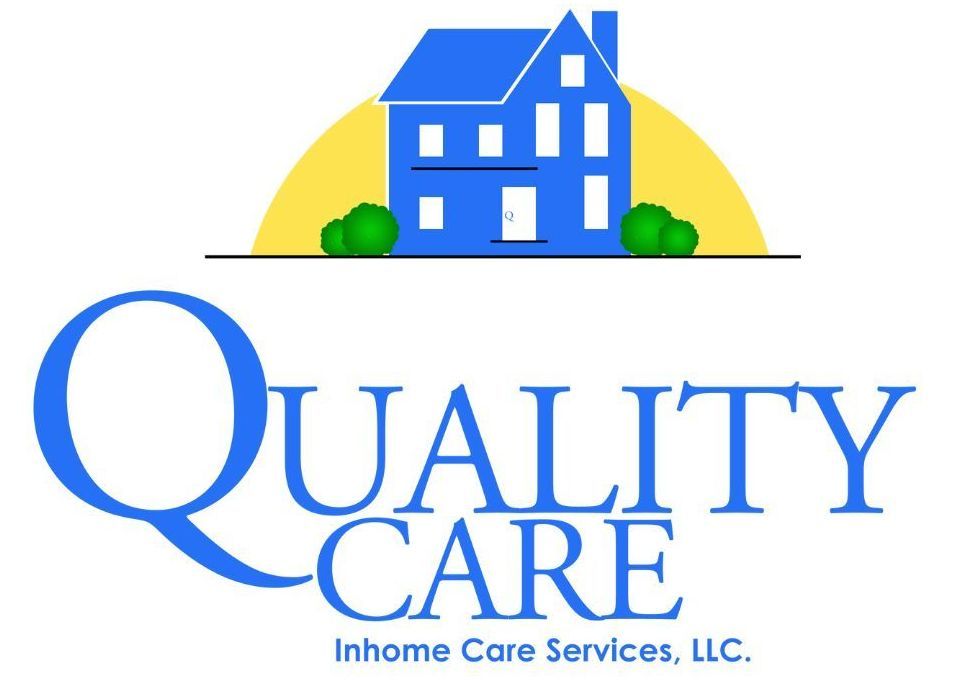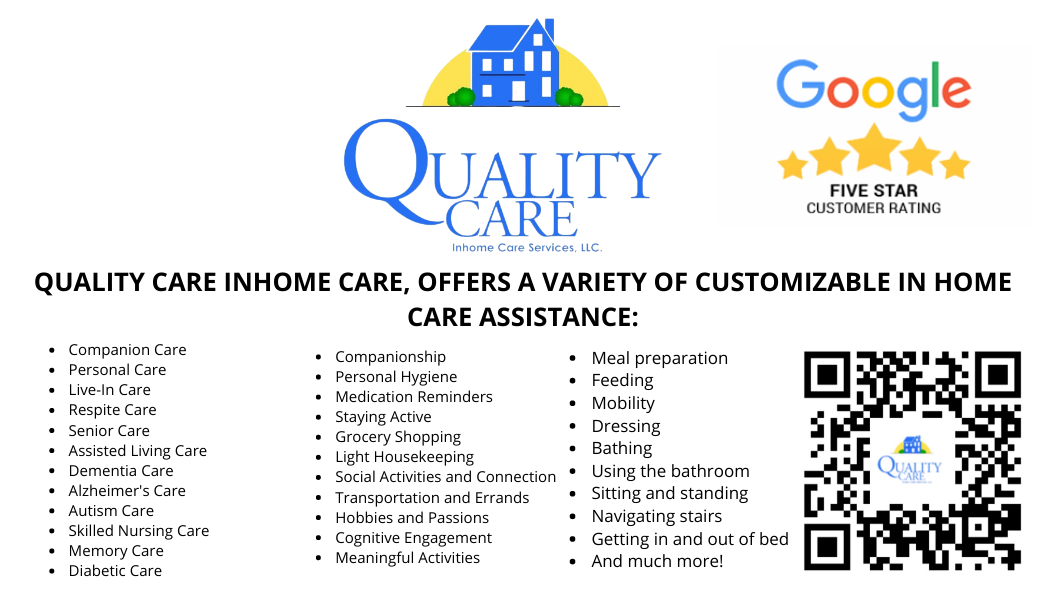The Difference Between Homecare and Home Healthcare
Understanding the Differences Between Homecare and Home Healthcare

In today's fast-paced world, more and more individuals are seeking care options that allow them to receive assistance and support in the comfort of their own homes. Home-based care services have gained popularity, offering individuals the opportunity to age in place, recover from illnesses, or manage chronic conditions. Two common terms used in this context are "homecare" and "home healthcare." While they may seem similar, they have distinct differences in terms of the services provided, the level of medical care involved, and the qualifications of the caregivers. This article aims to provide a comprehensive understanding of these differences, helping individuals make informed decisions about the type of care that best suits their needs.
Defining Homecare
Homecare refers to non-medical support services provided to individuals in their own homes. The primary focus of homecare is to assist with activities of daily living (ADLs) and instrumental activities of daily living (IADLs). ADLs include personal hygiene, bathing, dressing, mobility assistance, toileting, and feeding, while IADLs encompass tasks like meal preparation, medication reminders, light housekeeping, transportation, and companionship. Homecare is typically delivered by trained caregivers or home health aides who do not have medical certifications.
Understanding Home Healthcare

Home healthcare, on the other hand, involves medical care provided in the home setting. It is a more specialized form of care that is typically administered by licensed healthcare professionals such as nurses, therapists, or doctors. Home healthcare services are designed to meet the medical needs of individuals who require skilled nursing care, rehabilitative therapies, or advanced medical treatments. This may include wound care, medication management, physical therapy, intravenous (IV) therapy, respiratory care, or pain management. Home healthcare is often prescribed by a physician and delivered under their supervision.
Services and Scope of Care
The services provided in homecare and home healthcare differ significantly. Homecare primarily focuses on assisting with daily activities and promoting independence, emphasizing the overall well-being and quality of life of the individual. These services may include:
- Personal Care: Assistance with bathing, grooming, dressing, and toileting.
- Companionship: Providing social interaction, engaging in conversation, and offering emotional support.
- Medication Reminders: Ensuring individuals take their medications as prescribed.
- Meal Preparation: Assisting with planning and preparing nutritious meals.
- Light Housekeeping: Helping with light cleaning, laundry, and maintaining a safe living environment.
- Transportation: Providing transportation for medical appointments, grocery shopping, or social outings.
- Respite Care: Offering temporary relief to primary caregivers, allowing them time for self-care.
In contrast, home healthcare services revolve around medical treatments, therapies, and monitoring. The scope of home healthcare includes:
- Skilled Nursing Care: Administering medications, managing complex medical conditions, and monitoring vital signs.
- Rehabilitation Services: Physical, occupational, or speech therapy to aid recovery and improve function.
- Wound Care: Dressing changes, wound assessment, and infection management.
- Disease Management: Managing chronic conditions such as diabetes, heart disease, or respiratory disorders.
- Medical Equipment and Supplies: Assessing and providing necessary medical equipment like oxygen therapy or mobility aids.
Caregiver Qualifications

Another significant difference between homecare and home healthcare lies in the qualifications of the caregivers involved. Homecare providers, often referred to as caregivers or home health aides, receive training specific to non-medical care. This training may include basic first aid, CPR, assistance with ADLs, communication skills, and safety protocols. They do not possess formal medical certifications or licenses but are well-equipped to provide compassionate care and support.
In contrast, home healthcare professionals possess the necessary medical qualifications and certifications required to deliver skilled nursing care or therapy services. Registered nurses (RNs), licensed practical nurses (LPNs), physical therapists (PTs), occupational therapists (OTs), or speech-language pathologists (SLPs) typically comprise the home healthcare team. These professionals have undergone extensive education, clinical training, and licensure to provide specialized medical care.
Cost and Payment Options

The cost of homecare and home healthcare services can vary based on factors such as the geographic location, level of care required, and the duration of services. Homecare services are typically charged on an hourly basis or through flat-rate packages. Home healthcare services, which involve medical professionals and specialized treatments, tend to be more expensive. The cost may be covered by private insurance, Medicare, Medicaid, or out-of-pocket payments. It is crucial to review individual insurance policies and coverage options to determine what services are included and to what extent.
Conclusion
In summary, while homecare and home healthcare share a common goal of providing care in the home setting, they differ in terms of the services provided, the level of medical care involved, and the qualifications of the caregivers. Homecare focuses on non-medical support and assistance with ADLs and IADLs, emphasizing companionship and overall well-being. Home healthcare involves medical treatments, therapies, and skilled nursing care administered by licensed professionals. Understanding these differences is vital for individuals and their families to make informed decisions about the type of care that best meets their unique needs and preferences. By considering the specific requirements and goals, individuals can choose between homecare and home healthcare to receive the appropriate support for their health, comfort, and independence.
Need quality homecare or home healthcare assistance for you or your loved ones?
Click HERE
to schedule an appointment with a Quality Care representative

Welcome to a realm of unparalleled healthcare excellence! Quality Care Inhome Care Services is proud to announce that our Atlanta-based home healthcare agency has clinched the prestigious Consumer Choice Award, a testament to our unwavering commitment to providing top-notch healthcare services. In this article, we delve into the intricacies of our agency, highlighting the factors that set us apart and led to this prestigious recognition.

When it comes to providing around-the-clock care for your loved ones, two options often come to mind: 24 Hour Care and Live-In Care. While both options offer continuous care, it's important to understand the differences between the two and choose the one that best suits your loved one's needs. In this article, we will explore the distinctions between 24 Hour Care and Live-In Care , the benefits and drawbacks of each, and how to determine which option is right for your family.

Introduction In the bustling city of Atlanta, where the pulse of progress beats strong, there exists an extraordinary entrepreneur whose heart-driven mission has touched the lives of countless individuals. Meet Mr. Quality Care, a visionary with a passion for creating positive change in his community. As the founder and driving force behind Quality Care Inhome Care Services, Mr. Quality Care's journey is a testament to the power of heartfelt entrepreneurship.

When seeking care options for yourself or a loved one in Atlanta, understanding the differences between home healthcare and non-medical homecare services is essential. While both options aim to support individuals in the comfort of their own homes, they vary in terms of the level of medical assistance provided. In this comprehensive guide, we will delve into the distinctions between home healthcare and non-medical homecare services in Atlanta. By the end of this article, you'll have a clear understanding of each option and be better equipped to make informed decisions about your care needs.

Finding high-quality in-home care in Atlanta is crucial for our loved ones' health and wellbeing. When looking for help for elderly parents, people with disabilities, or those who are recovering from an illness or surgery, it's important to pick a home care provider who provides excellent care and comprehends the specific requirements of each person. We will examine the crucial elements to take into account while locating reputable home care in Atlanta in this complete guide. By the end, you'll have the knowledge you need to make wise choices and find the top local home care providers.

Alzheimer's disease and other forms of dementia present unique challenges for individuals and their families. As these conditions progress, individuals often require specialized care and support to ensure their safety, comfort, and overall wellbeing. In-homecare emerges as a crucial solution, offering tailored assistance within the familiar surroundings of their own homes. This article explores the importance of in-homecare for Alzheimer's and dementia patients, highlighting the benefits it provides and the key role it plays in enhancing their quality of life.

Promoting the wellbeing of the special needs community in Atlanta is of utmost importance in ensuring their overall quality of life and happiness. Quality in-home care plays a pivotal role in supporting individuals with special needs, empowering them to thrive and reach their full potential. This blog will explore the value of quality in-home care for Atlanta's special needs community, highlighting its impact on their physical health, emotional well-being, social integration, and overall quality of life.

Providing quality care for individuals with special needs is of paramount importance in fostering their overall well-being and enhancing their quality of life. In Atlanta, there is a growing recognition of the significance of tailored support through high-quality in-home care services. This blog will delve into the ways in which quality in-home care benefits the special needs population in Atlanta, highlighting the positive impact it has on their independence, social integration, and overall happiness.

When it comes to providing care for aging loved ones, families often face the decision between non-medical in-home care and assisted living. Both options have their merits, but it's crucial to understand the differences and make an informed choice. In this blog post, we will explore the key aspects of non-medical in-home care and assisted living in Atlanta, helping you make the best decision for your family's unique needs.










